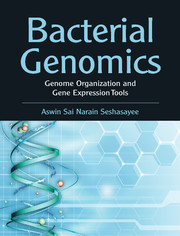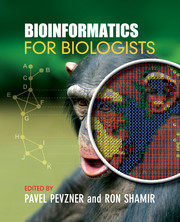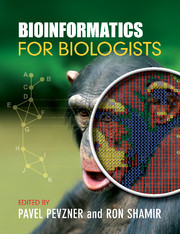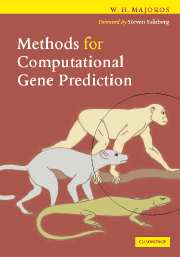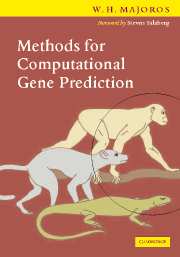Bacterial Genomics
The study of bacterial genetics has revolutionised with the development of genome sequencing, which let us catalogue the gene content of various clinically and industrially important bacteria and opened up the field of comparative genomics. The research findings on bacterial genetics were further enhanced by the development of allied techniques that allowed interrogation of the interactions and functions of the many components of the genome. These developments accelerated with the widespread adoption of quantitative deep-sequencing approaches. This process allowed both comparative and functional genomics on an unprecedented scale by presenting powerful tools to investigate multiple layers of bacterial adaptation and evolution. This book presents the application of genomic tools to examine bacterial adaptation. The emphasis is on data analysis and interpretation. Much of the material is drawn from the recent, primary literature, which is the most powerful tool in the cutting-edge and fast-growing field of bacterial research.
- Discusses the application of genomic tools in the study of bacterial adaptation
- Provides detailed treatment of metagenomics and bacterial gene expression tools
- Includes numerous figures and illustrations to stimulate the interest of the students
Product details
No date availableAdobe eBook Reader
9781316338926
0 pages
0kg
This ISBN is for an eBook version which is distributed on our behalf by a third party.
Table of Contents
- List of figures
- Acknowledgements
- 1. Introduction: bacterial genomes and gene expression
- 2. Comparative genomics in the era of Sanger sequencing
- 3. Studying bacterial genome variation with microarrays
- 4. Studying bacterial genomes using next-generation sequencing
- 5. Genome-scale analysis of gene expression and its regulation in bacteria
- 6. DNA methylation in bacteria: a case for bacterial epigenetics
- Index.

